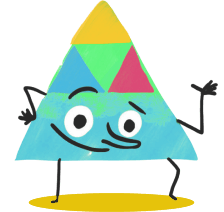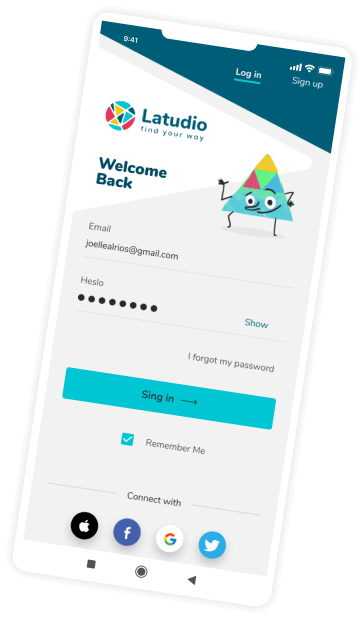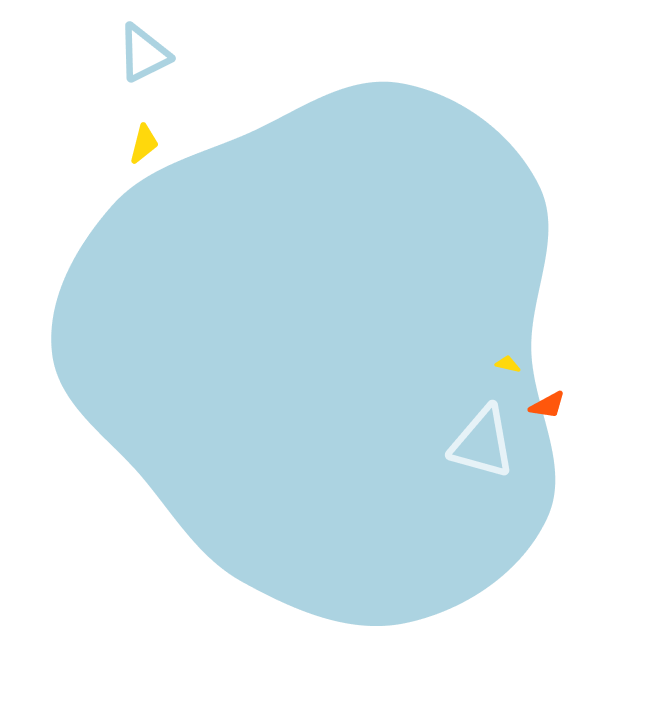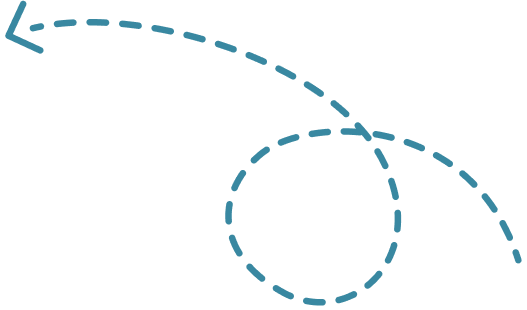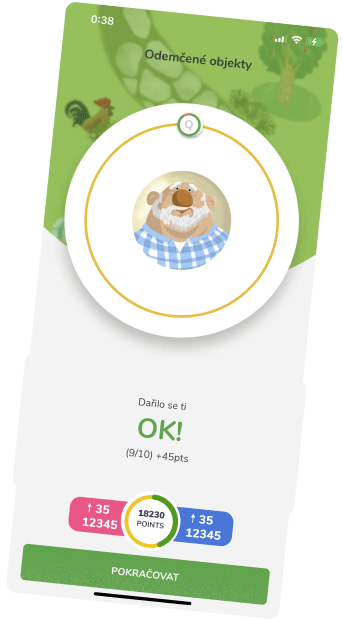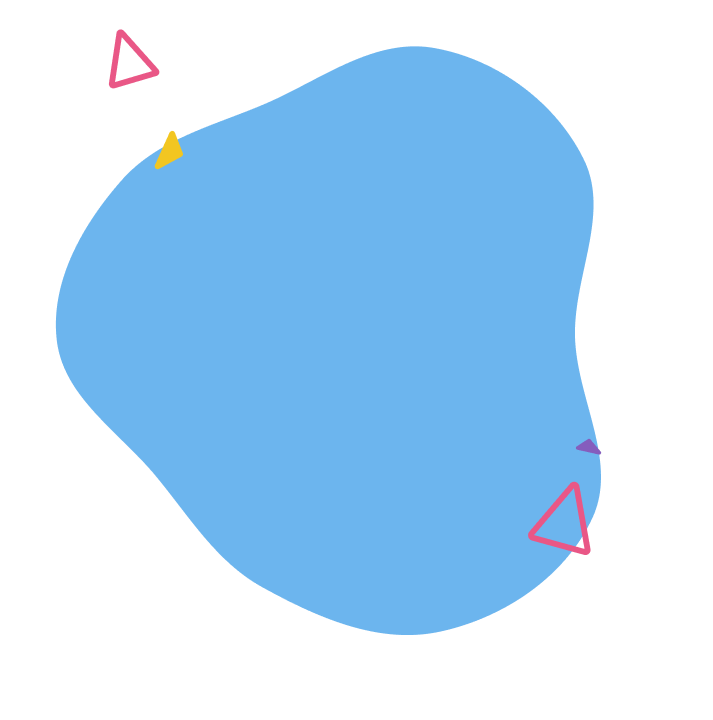English Phrasal Verb Practice for “make up” and “make out”
In a big city, there was a boy named Max. Max liked to make up things [ inventer des choses ]. He had a big imagination.
One day, Max was late for school. His teacher asked him why. He made up a story [ a inventé une histoire ] about saving a turtle at the pond. His teacher smiled. She knew Max liked to make up stories [ aimait inventer des histoires ].
That same day, his sister, Lily, was invited to a birthday party. But, she didn't want to go. She made up an excuse [ a inventé une excuse ]. She told her friends that she had to study for a test. She really wanted to read her new book.
At school, Max argued with his best friend. They got upset at each other. But, after school, they made up [ ils se sont réconciliés ]. "Friends should not be mad for long," Max said, and Ben nodded in agreement.
Lily felt guilty for not going to the party. She wanted to make up for it [ voulait rendre la pareille ]. She invited her friends to her home. She made up for missing her friend's birthday by wrapping her a gift.
Before her friends came, Lily spent some time making herself up [ à se maquiller ]. She liked different cosmetics and hairstyles.
During the party, Max did his homework. He was studying about the human body for his science class. He read that water makes up [ l'eau constitue ] about 70% of the body. Just then he remembered his science teacher. She said, "students make up [ les étudiants constituent ] the majority of the city’s clean-up crew." He forgot about helping. So he ran out the door.
In the evening, Max and Lily's parents went out for a walk in the park. They saw some friends, but they couldn’t make out who [ distinguer qui ] it was. Then they saw a young couple making out [ couple s’embrasser ] under a tree. They smiled and remembered their own young love.
The next day, Max had a dentist appointment. When he came home, his mother asked, "How did you make out [ as-tu fait ] at the dentist?" Max replied with a big smile. "It went well, no cavities!"
Lily, on the other hand, was filling out a form for a library card. "Can you help me make out this form [ remplir ce formulaire ]?" she asked Max. Together, they filled in the information.
Tonight Max didn’t have to make up new stories [ d’inventer de nouvelles histoires ]. He had many real stories to tell now.










